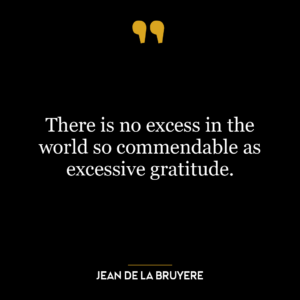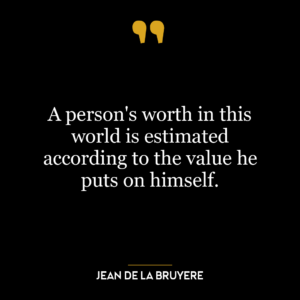Seneca the Younger’s quote, “He who receives a benefit with gratitude, repays the first installment of it,” encapsulates the essence of gratitude and reciprocity, two fundamental aspects of human interaction and personal growth.
At its core, the quote suggests that acknowledging and appreciating a benefit or favor is the first step towards reciprocating it. When we receive a benefit, be it a gift, a favor, or an act of kindness, expressing gratitude is not merely a polite gesture; it signifies the beginning of repayment. It doesn’t necessarily mean that we must return the exact favor or gift. Rather, it implies that acknowledging the act with genuine gratitude is the first ‘payment’ we make towards that benefit.
The ‘installment’ mentioned in the quote can be interpreted in two ways. Firstly, it could mean that gratitude is the initial response, to be followed by other forms of reciprocation. Secondly, it could also suggest that gratitude itself is a form of repayment, and that it’s the first of many such ‘payments’ of gratitude that we continue to make as we remember and appreciate the benefit.
In today’s world, this idea is as relevant as ever. In personal development, cultivating a sense of gratitude is often emphasized as a key to happiness and mental well-being. When we express gratitude, we not only acknowledge the goodness in our lives but also recognize that the source of that goodness, often, lies outside us.
Moreover, this quote can be applied in our daily interactions and relationships. Expressing gratitude can strengthen our relationships, create a positive environment, and foster a culture of reciprocity. In the workplace, for instance, a simple ‘thank you’ can boost morale, enhance productivity, and promote a team spirit.
In a broader societal context, this quote underlines the importance of giving back to the community. When we benefit from society, through education, infrastructure, or other social services, expressing gratitude by contributing back to the society in our unique ways is the first installment of repayment.
In conclusion, Seneca the Younger’s quote is a timeless reminder of the power and importance of gratitude in personal development and societal harmony.












